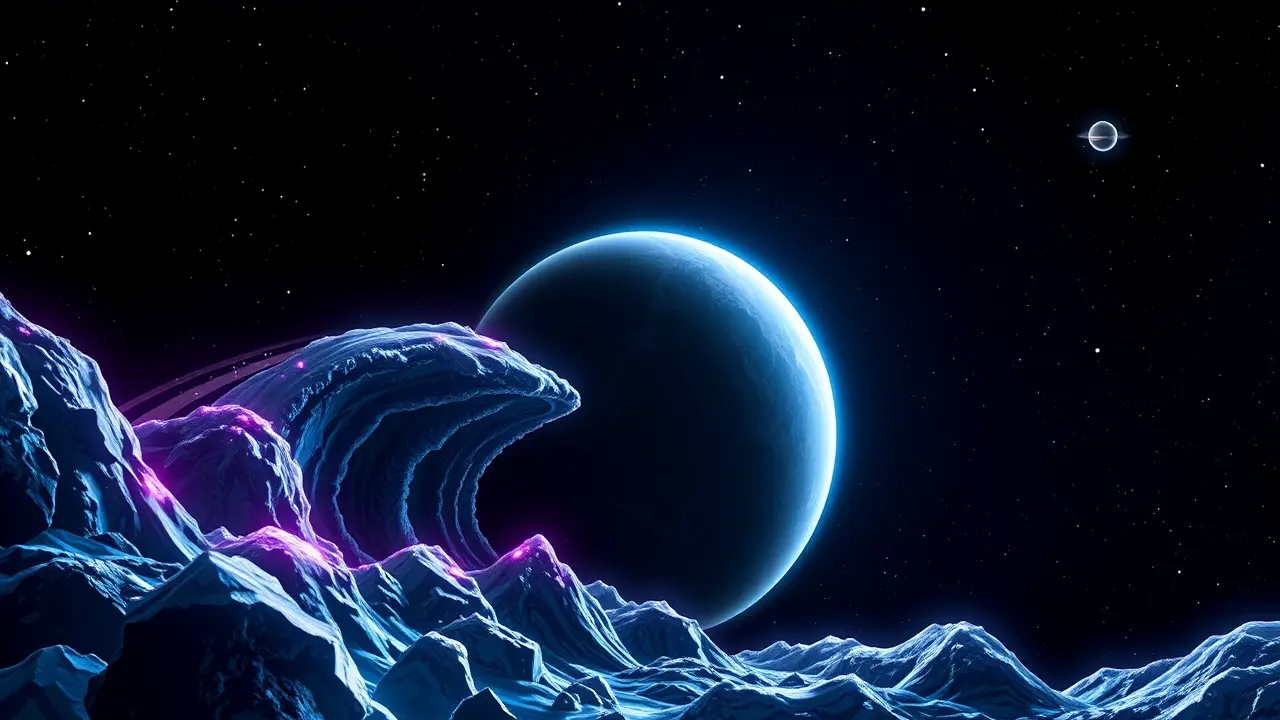More Evidence Emerges That One of Saturn’s Moons Could Harbor Life
The plumes of water vapor and ice crystals erupting from the fractured, icy crust of Saturn's moon Enceladus have long captivated planetary scientists, acting as a cosmic firehose spraying the moon’s subsurface ocean directly into the void. Now, a fresh analysis of data collected by the late, great Cassini spacecraft has struck scientific gold, revealing a previously undetected bounty of organic compounds within those very geysers—a discovery that dramatically elevates this small, frozen world from a curious astronomical object to the single most promising candidate for extraterrestrial life in our solar system.Think of it not as a barren ice ball, but as a sealed, dark ocean world, its liquid water kept warm by the immense gravitational kneading of Saturn, a process known as tidal heating, which prevents it from freezing solid. This newly identified cocktail of organics isn't just simple methane; we're talking about complex, carbon-rich molecules, the kind that serve as the fundamental building blocks for proteins and amino acids, the very architecture of life as we understand it.It’s as if we’ve been handed a sample from a deep-sea vent on Earth, but one located a billion miles away, delivered to our doorstep by nature’s own orbital mechanics. The implications are staggering, forcing us to reconsider the very definition of a habitable zone; life, it seems, may not require the gentle warmth of a sun, but could instead thrive in the abyssal, pressurized darkness, powered by chemical energy from hydrothermal vents on the ocean floor, much like the bizarre ecosystems discovered around 'black smokers' in Earth's deepest trenches.This isn't merely about finding microbes; it's about validating a whole new paradigm for biology in the cosmos. The next logical step, a dedicated mission to Enceladus, is no longer a fringe idea but a scientific imperative, a voyage that would seek to fly through these plumes with instruments far more advanced than Cassini's, capable of sniffing out the chemical signatures of metabolic processes or even, dare we dream, the complex structures of lipids or nucleic acids.The race is now on, a quiet but intense competition between the proponents of Enceladus and those of Jupiter's moon Europa, another ice-covered ocean world, to determine which celestial body will receive humanity's next great exploratory leap. While Europa's ocean is vast, it lies beneath miles of ice, whereas Enceladus generously offers its inner ocean for sampling directly from orbit.The discovery fuels the vision of pioneers like Elon Musk, who looks to Mars, by reminding us that the solar system's most profound biological secrets might be hidden not on dusty, red deserts, but in the deep, dark, and potentially teeming waters worlds away. This is more than just another data point; it is a fundamental shift in the search for our cosmic neighbors, a beacon from a tiny moon that screams with increasing volume that we are almost certainly not alone.
It’s quiet here...Start the conversation by leaving the first comment.
